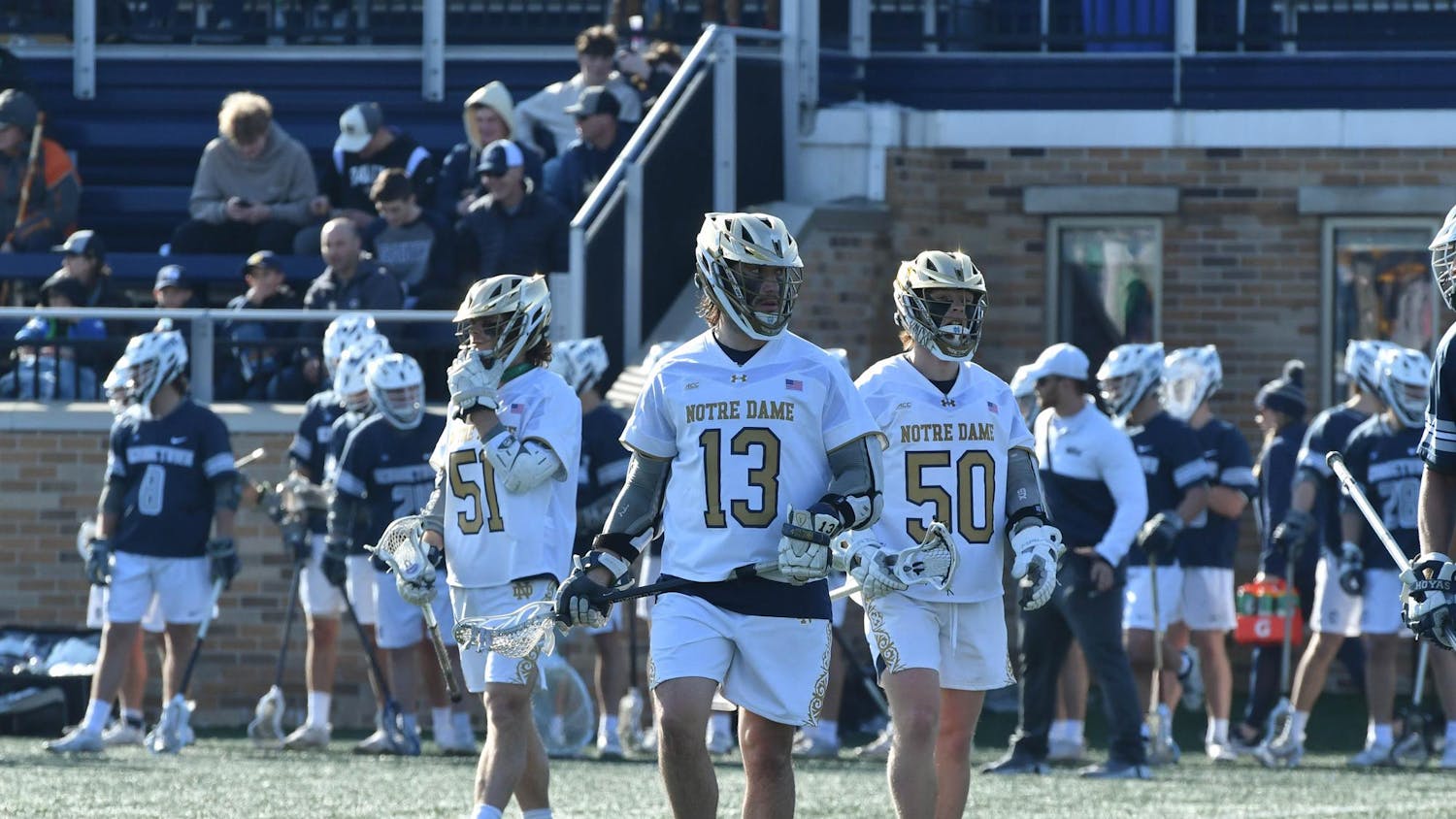Gambling is a hobby for some. For others, it is a chance to relax, have fun, unwind after a long work week or satisfy an addiction. It takes center stage in houses across the world on a designated day of the week, at local slot machines and in Las Vegas casinos.
Oh, and it also happens on the football field.

On fourth-and-inches with the score tied 23-23 in overtime, rather than punt the ball away to Drew Brees and the New Orleans Saints, Falcons coach Mike Smith bet the game that his 5'10, 247-lbs. running back could plow ahead for the first down. Michael Turner was the horse that Smith had it all riding on, and it was a sad day at the tracks for the fourth-year coach.
Turner, who rushed for 96 yards on 22 carries in the game (including five yards on a fourth-and-one in the third quarter), was met behind the line of scrimmage by a swarm of Saints defenders and was stopped well short of the 30-yard line. The Saints gained possession at the Falcon 29 yard line and ran four plays before John Kasay knocked home the 26-yard field goal to give New Orleans the 26-23 overtime win over the conference rival.
With the loss, the Falcons drop to 5-4 after entering the season with aspirations of appearing in Super Bowl XLVI. Smith, meanwhile, is left to face an array of questions and doubts from analysts and fans. Smith stuck his neck out by making the call to go for it, and while any player or coach will tell you that a single play cannot win or lose the game, the play's result certainly did not help the Falcons.
But coaches repeatedly opt for a riskier option rather than placate themselves with the safer alternative, and the reason is obvious: there is the possibility to win big, to hit the jackpot.
Saints coach Sean Payton was the beneficiary of Smith's decision on Sunday, but he is no stranger to gambling on the gridiron himself. To begin the second half of Super Bowl XLIV, with his team trailing 10-6 and set to kick-off to the Indianapolis Colts, Payton famously rolled the dice with an onside kick. The Saints recovered the kick and became Super Bowl champions with the 31-17 victory.
Payton seemed to be a genius, and his call bold and aggressive. However, if the Colts had recovered the ball, driven 50 yards down the field on the arm of Peyton Manning to build an 11-point lead, Payton would have been a brash and foolish coach who made an inexcusable call.

The gambling trend reaches over into college football as well. On Saturday, after scoring a late touchdown to pull within one point of No. 5 Boise State, TCU opted to attempt the two-point conversion rather than kick the point after. TCU sophomore quarterback Casey Pachall swung the ball out to sophomore receiver Josh Boyce, who wrestled the ball away from the lunging hands of the defender, shook off the would-be-tackler and bounded into the end zone. When Boise State failed to convert a 39-yard field goal attempt as time expired, the Horned Frogs secured the 36-35 victory.
Of course, players themselves make an unquantifiable number of decisions themselves during any game. Cut it inside or bounce it out? Tuck it and run or stay in the pocket? Jump the underneath route or retreat? But these are not gambles. Rather, they are instinctual reactions based on the immediate situation.
What coaches do on the sidelines is something different altogether: putting the drive, the game or even the entire season on the line with a single decision. And with the stakes so high —⎯money to be made or lost and jobs on the line⎯— it is amazing that the decisions are, in essence, gambles.
For fans, these decisions, whether they are successful or not, represent some of the most compelling moments in sports. The difference between a win and a loss can be as slight as whether the offensive guard can push his man forward, the receiver can make an outstanding play or even as simple as the bounce of the ball. Ultimately, it all comes back to the coach.
In hindsight, it becomes easy to judge and correct decisions, but beyond whether a decision is the right one or the wrong one, it must be respected when a coach goes all-in for his team.
Contact Joseph Monardo at jmonardo@nd.edu
The views expressed in this column are those of the author and not necessarily those of The Observer.












